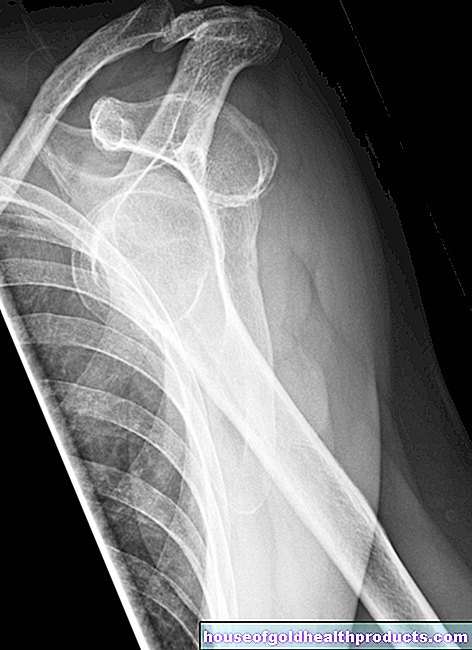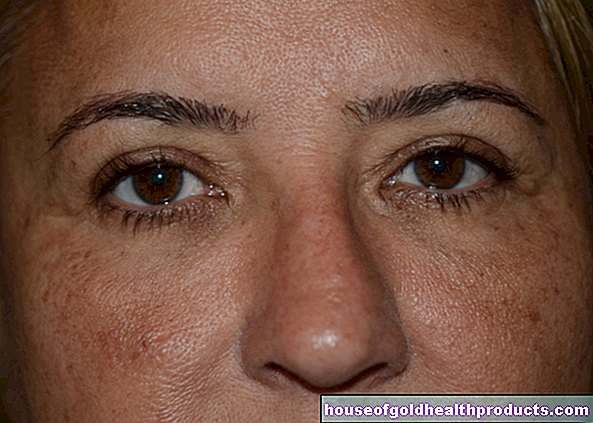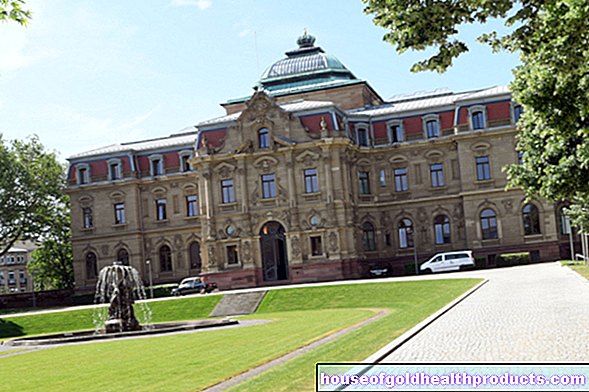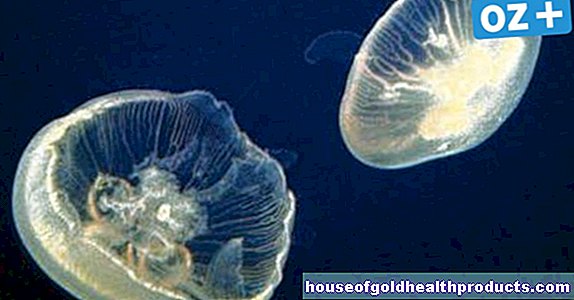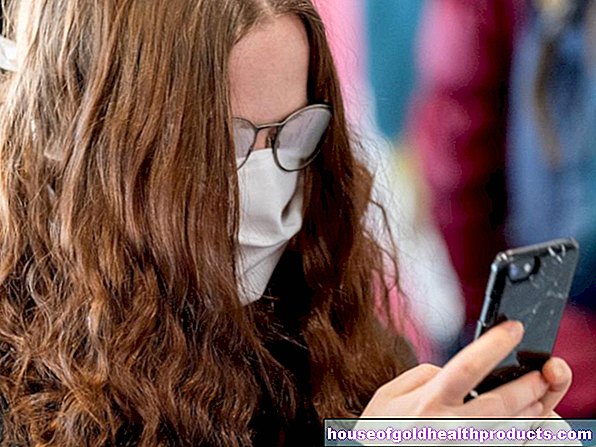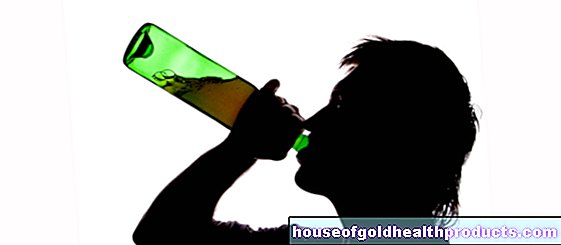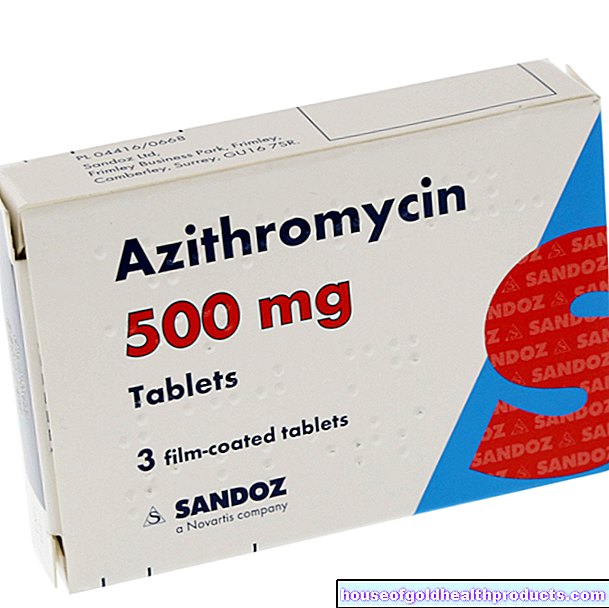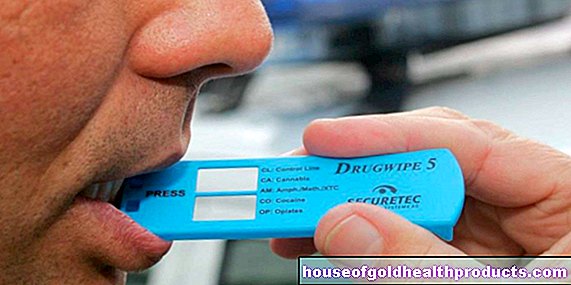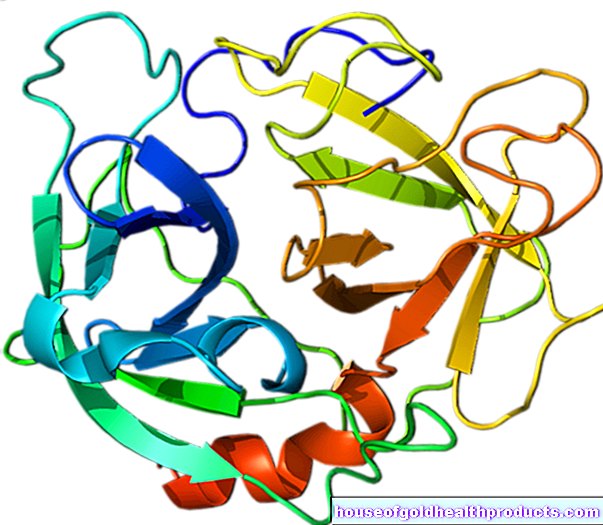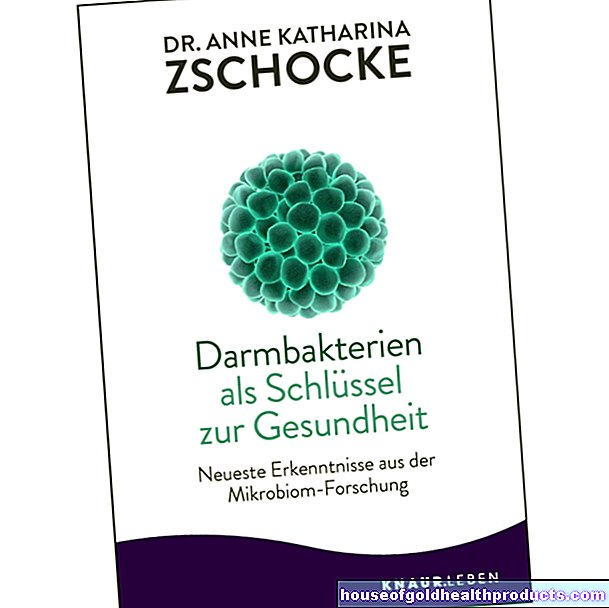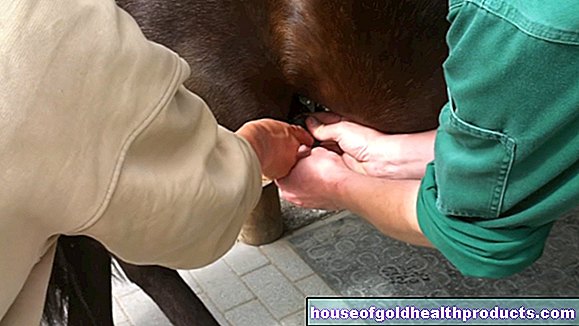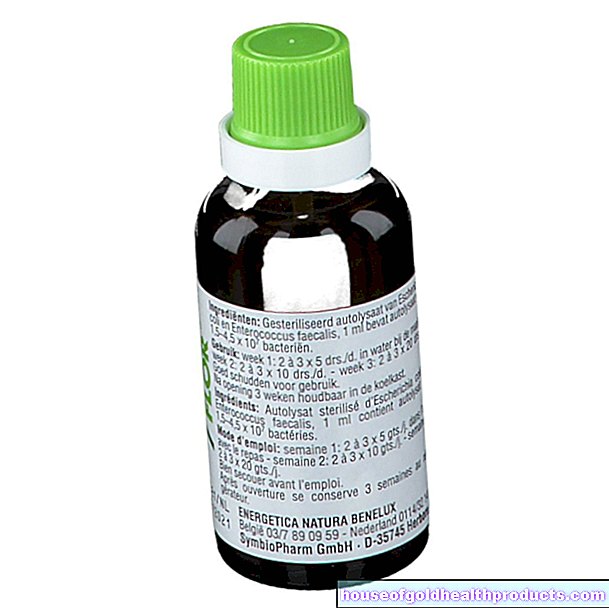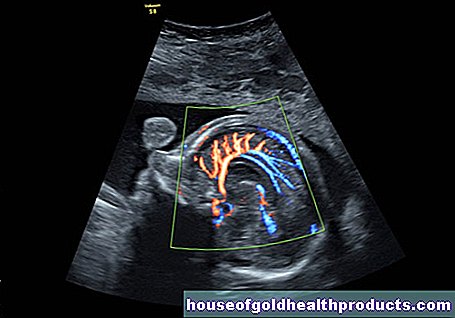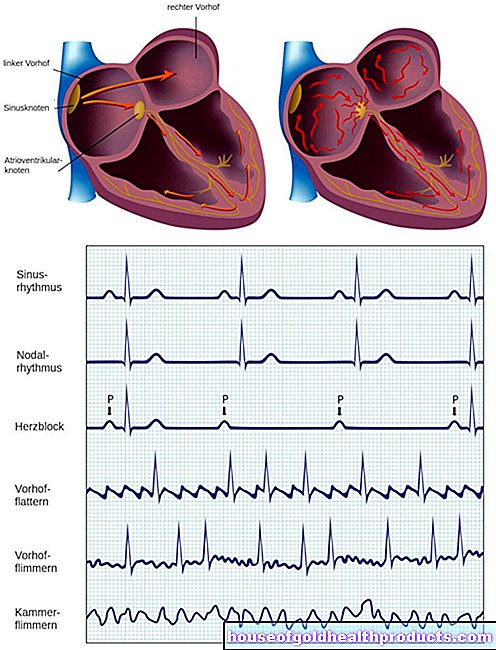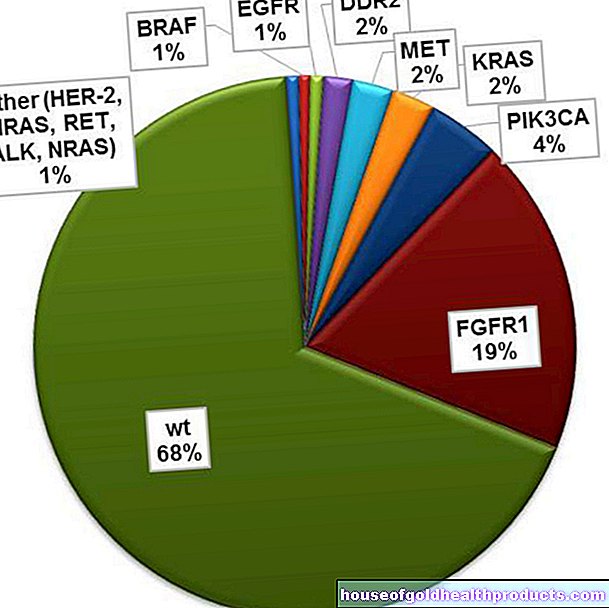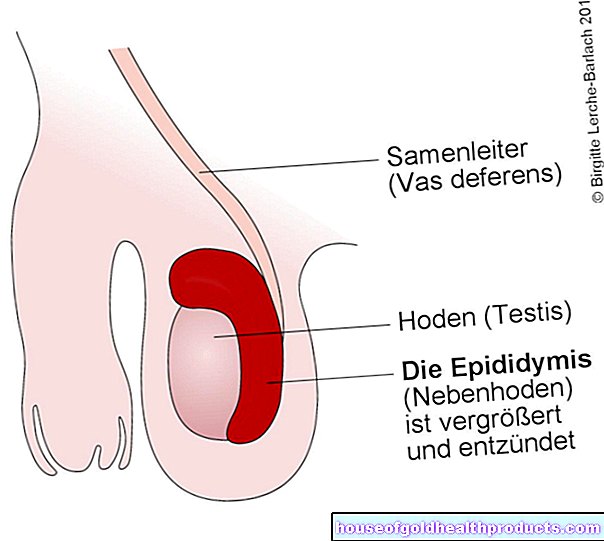Stroke: peptide slows down nerve death
All content is checked by medical journalists.MunichEvery minute counts when you have a stroke caused by vascular occlusion. The blood clot needs to be broken up quickly in order for the brain to get oxygen again. Scientists have now discovered that a naturally occurring protein in humans can slow down brain damage.
With the so-called lysis therapy after a stroke, the body's own breakdown enzymes are activated with the help of the drug rtPA. However, this is only possible in the first three hours after the stroke and works all the worse the later the treatment is started.
Time advantage for therapy
A team of scientists led by Li Zhang from the Henry Ford Hospital in Detroit found that a peptide called AcSDKP can keep the "therapeutic window" open much longer after a stroke - rtPA is still effective after four hours. AcSDKP occurs naturally in humans and inhibits inflammation. It is already used to treat other cardiovascular diseases.
Protection for the brain cells
Zhang and colleagues tested the effectiveness of the peptide on rats that had been provoked to have a stroke. The animals were given either AcSDKP alone one hour after the stroke or a combination of the peptide and rtPA four hours later. After this time, both active ingredients were tested individually. The result: one hour after the stroke, fewer nerve cells had died in the AcSDKP-treated animals than in the control rates that had not received any medication. In combination with the peptide, the lysis was more effective after four hours and the brain was less damaged than when only rtPA was administered. AcSDKP alone could not resolve the blockage in the blood vessel.
The researchers do not know exactly how AcSDKP works, but it obviously protects the brain cells. Zhang: "Our study shows that we should develop a therapy with a combination of AcSDKP and rtPA in the future."
Undersupply for the brain
In a stroke caused by a vascular occlusion, a blood clot interrupts the flow of blood to the brain. The result: the brain cells in the affected area no longer receive any oxygen or nutrients. These are very sensitive and die off within a relatively short time.
Strokes are the second most common cause of death in Germany and the most common cause of permanent disability in industrialized nations. (away)
Source: Zhang L. et al .: Combination Treatment With N-Acetyl-Seryl-Aspartyl-Lysyl-Proline and Tissue Plasminogen Activator Provides Potent Neuroprotection in Rats After Stroke, Stroke, 2014.
Tags: vaccinations teenager hospital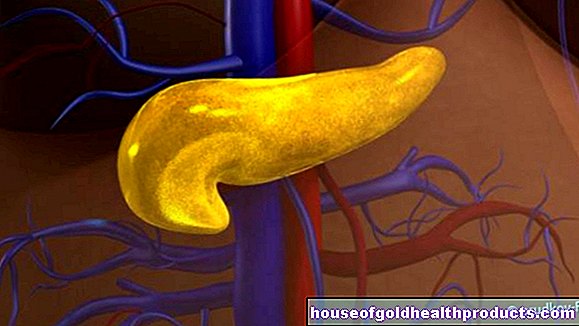


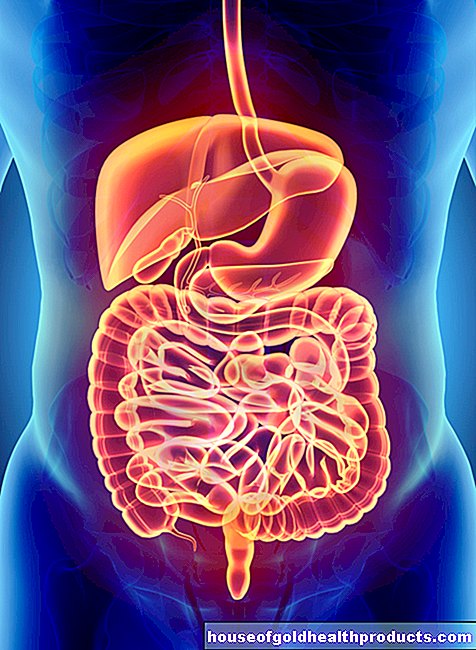
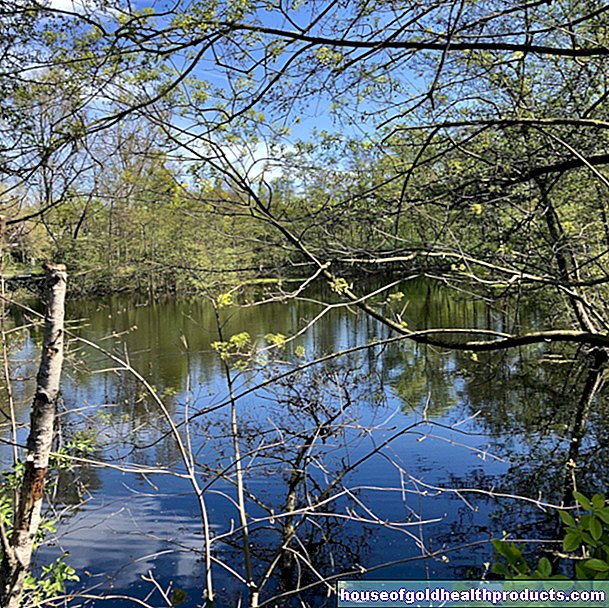
.jpg)
